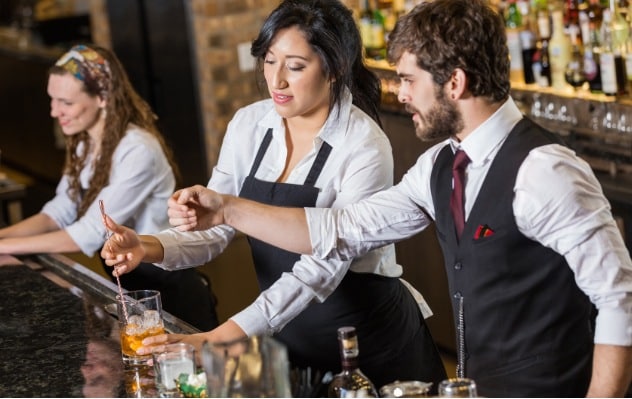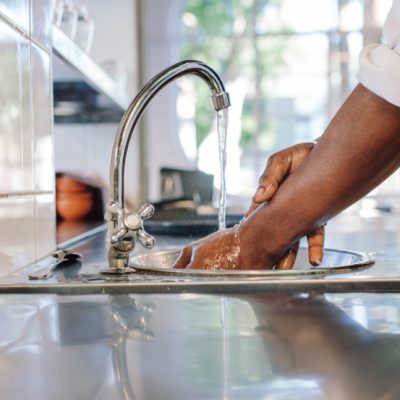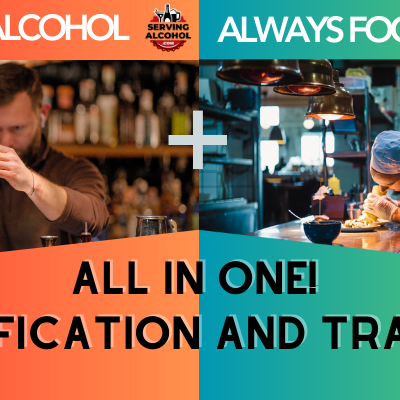A bartending school or class that teaches basic to advanced bartending can provide many benefits. But there are also drawbacks. This article explains the pros and cons of whether it is worth going to bartending school.
Pros
Education and Skills
The most obvious pro is the education and skills you would gain. Inexperienced bartenders can expect to learn the basics of mixology, drink recipes, bartending techniques, customer service, bar management, and operations. These skills and education can make you more desirable in the market, get more tips, and advance faster.
Networking
A not-so-obvious pro is the opportunity to network. These schools often include well-known trainers and fellow bartenders you can begin networking with. This network helps to create professional opportunities, knowledge sharing, and mentorship.
Credentials
Many bartending schools have industry-recognized credentials. These can help you become a desirable candidate or act as a point of leverage when asking for a raise or promotion.
Practical Experience
The skills that you will learn are often paired with practical experience. Students may be asked to create garnishes, make popular recipes, and go through the steps of shutting down the back of the bar.
Cons

Cost
The skills that you will learn are often paired with practical experience. Students may be asked to create garnishes, make popular recipes, and go through the steps of shutting down the back of the bar.
Time Commitment
These classes often also take a large amount of time. This time could be spent working, doing hobbies, or spending time with family.
Limited Experience
While these classes offer practical experience, they are often limited. More often than not, the class takes place away from customers and will not teach you how to think on the go. Instead, you are only limited to the setting in which your bartending school is set.
Alternatives
There are alternatives for bartending schools. For example, there are books, online courses, and videos, and you can do your own research online.
If you’d rather access an online course at your leisure, Serving Alcohol offers Behind The Bar Excellence for only $15. It teaches you everything a new bartender needs to know before beginning.
How long is bartending school?
The length of bartending school depends on the type of program you choose, but most bartender schools offer training that lasts anywhere from one day to several weeks.
A traditional, in-person bartending school program typically runs 1 to 4 weeks, with daily classes that cover hands-on drink preparation, bar setup, customer service skills, and alcohol safety. Some accelerated bartender courses can be completed in just one to two days, especially those focused solely on licensing or compliance.
If you choose to enroll in an online bartending school, the training is often self-paced, allowing you to complete the course in just a few hours—or spread it out over several days—depending on your schedule. Many online bartender programs also include access to materials for up to 6 months, giving you flexibility to review content as needed.
Ultimately, how long bartender training takes depends on your learning style, your state’s legal requirements for alcohol service certification, and whether you’re aiming to learn just the basics or explore advanced mixology.
How much is bartending school?
The cost of bartending school can vary widely depending on the format, location, and depth of the training program. On average, a traditional in-person bartender school can cost anywhere from $200 to $800, with some advanced programs charging over $1,000, especially if they include mixology training, job placement support, or hands-on bar practice.
If you’re looking for a more affordable and flexible option, online bartending school is a budget-friendly alternative. Most online bartender courses range from $10 to $100, depending on whether they offer state-approved certification, bonus content like mixology instruction, or extended access to course materials.
For example, our Behind the Bar Excellence course is available for just $15 and includes real-world bartending techniques, drink preparation skills, and a certificate of completion—making it an excellent low-cost supplement to required alcohol server training.
What Is the Difference Between Bartending School and Responsible Alcohol Training?
Bartending school and responsible alcohol training serve two distinct—but equally important—purposes for anyone working in the food and beverage industry.
Bartending school is designed to teach the hands-on skills needed to work behind the bar. These programs cover practical topics like mixing drinks, using bar tools, customer service, and upselling techniques. Whether you attend in person or take an online bartending course, the focus is on preparing you for the day-to-day operations of working as a bartender.
In contrast, responsible alcohol training—also known as alcohol seller/server certification—is focused on legal compliance and safety. These courses are often required by law and teach you how to check IDs, recognize signs of intoxication, refuse service when necessary, and stay compliant with state alcohol regulations. Completing this training helps protect you, your customers, and your employer.
Think of it this way:
-
Bartending school teaches you how to serve drinks.
-
Responsible alcohol training teaches you when and if you should serve them.
State-Approved Responsible Alcohol Training
If you’re planning to work in the service industry, make sure you meet the alcohol certification requirements for your state:
-
California: All bartenders and alcohol servers must complete RBS Training through a California ABC-approved provider.
-
Wisconsin: Many municipalities require responsible beverage server training to obtain or renew a bartender license.
-
Florida: While not legally required, completing a responsible alcohol training course is highly recommended by employers and can reduce liability risks.
-
Illinois: In many areas, including Chicago and Cook County, BASSET certification is required before serving alcohol.
-
Pennsylvania: Participating in RAMP server/seller training is encouraged and often required by employers to meet liquor law guidelines.










